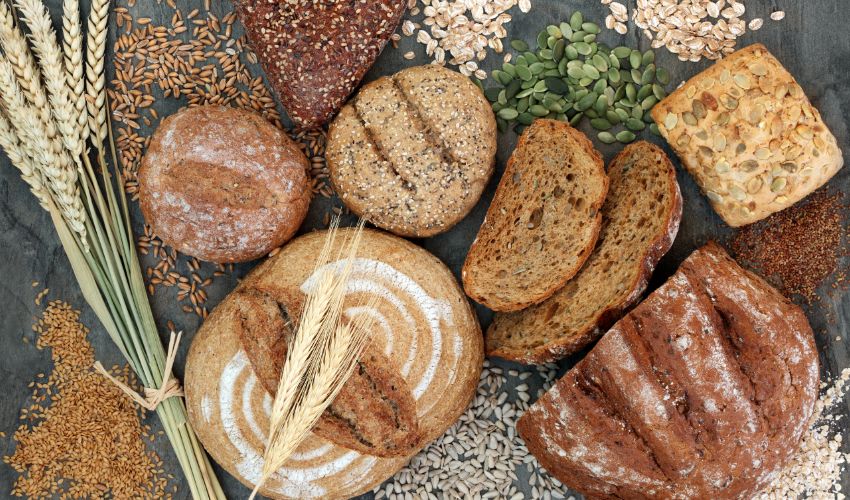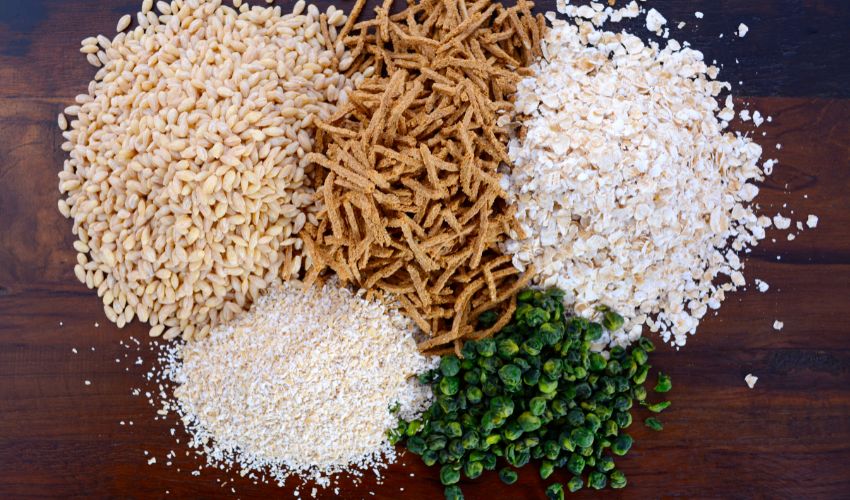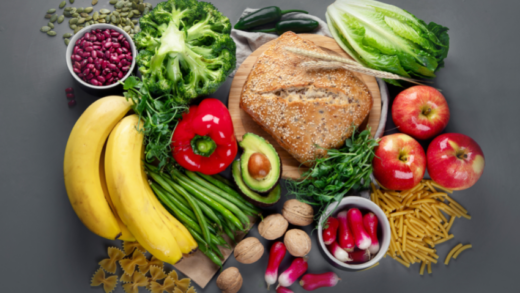Insoluble fiber is an often-overlooked but critical component of a healthy diet that plays a vital role in maintaining digestive health and preventing chronic diseases. Unlike its counterpart, soluble fiber, insoluble fiber is not readily dissolved in water and passes through the digestive tract relatively intact. This means that it adds bulk to stool, regulates bowel movements, and promotes regularity, thus preventing constipation and other digestive disorders.
In this article, we will delve deeper into what insoluble fiber is, its benefits for the body, its sources, recommended daily intake, and more.
What is Insoluble Fiber?
Insoluble fiber is a type of dietary fiber found in plant-based foods, such as whole grains, fruits, vegetables, nuts, and seeds. Unlike soluble fiber, insoluble fiber does not dissolve in water and is not broken down by digestive enzymes in the body. Instead, it passes through the digestive system largely intact, adding bulk to stool and promoting regularity.

Benefits of Insoluble Fiber
Insoluble fiber offers several benefits for the body, including:
- Promotes gut health: Insoluble fiber adds bulk to stool, which prevents constipation and promotes regularity, reducing the risk of various digestive disorders, such as hemorrhoids, diverticular disease, and inflammatory bowel disease (IBD).
- Aids digestion: Insoluble fiber speeds up the transit time of food through the digestive tract, helping to prevent indigestion, bloating, and other digestive problems.
- Helps with weight management: Insoluble fiber promotes satiety, making you feel full for longer, and reducing the overall calorie intake, which can aid in weight loss and management.
- Lowers the risk of certain cancers: Insoluble fiber may lower the risk of certain types of cancer, such as colon cancer, by promoting healthy bowel movements and reducing exposure to harmful toxins.
Sources of Insoluble Fiber
Insoluble fiber is found in many plant-based foods, including:
- Whole grains: Whole wheat, barley, oats, quinoa, brown rice, and other whole grains are excellent sources of insoluble fiber.
- Fruits and vegetables: Fruits and vegetables, especially those with skins or seeds, such as apples, pears, berries, broccoli, carrots, and sweet potatoes, are rich in insoluble fiber.
- Nuts and seeds: Almonds, pistachios, sunflower seeds, pumpkin seeds, and flaxseeds are all good sources of insoluble fiber.
Recommended Daily Intake of Insoluble Fiber
The recommended daily intake of insoluble fiber varies depending on age, gender, and individual needs. However, most adults need at least 20-30 grams of total fiber per day, with about 75% of that being insoluble fiber. To meet your daily requirements, be sure to include plenty of whole grains, fruits, vegetables, nuts, and seeds in your diet.
FAQs
What are the differences between insoluble fiber and soluble fiber?
Insoluble fiber does not dissolve in water and passes through the digestive tract largely intact, while soluble fiber dissolves in water and forms a gel-like substance that slows down digestion and absorption of nutrients.
Can too much insoluble fiber cause digestive problems?
Consuming too much insoluble fiber can cause digestive problems such as bloating, gas, and diarrhea. Therefore, it’s important to gradually increase your fiber intake and drink plenty of water to help your body adjust to the increased fiber.

Are there any risks associated with consuming insoluble fiber?
Insoluble fiber is generally safe and well-tolerated by most people. However, consuming large amounts of fiber without adequate hydration can cause constipation, bloating, and other digestive problems.
Can insoluble fiber help with weight loss?
Yes, insoluble fiber can help with weight loss by promoting satiety and reducing overall calorie intake. However, it is important to maintain a balanced and healthy diet, along with regular exercise, for effective weight management.
Can I get enough insoluble fiber from supplements?
While fiber supplements can be a convenient way to increase your fiber intake, it’s always best to get your nutrients from whole food sources. Aim to include a variety of high-fiber foods in your diet to get the full range of benefits.
Conclusion
Insoluble fiber is a crucial component of a healthy diet that promotes gut health, aids digestion, and prevents various health problems. By incorporating plenty of whole grains, fruits, vegetables, nuts, and seeds in your diet, you can easily meet your daily recommended intake of insoluble fiber and enjoy its many benefits. Remember to start slowly and gradually increase your fiber intake while staying hydrated for optimal digestive health.






















